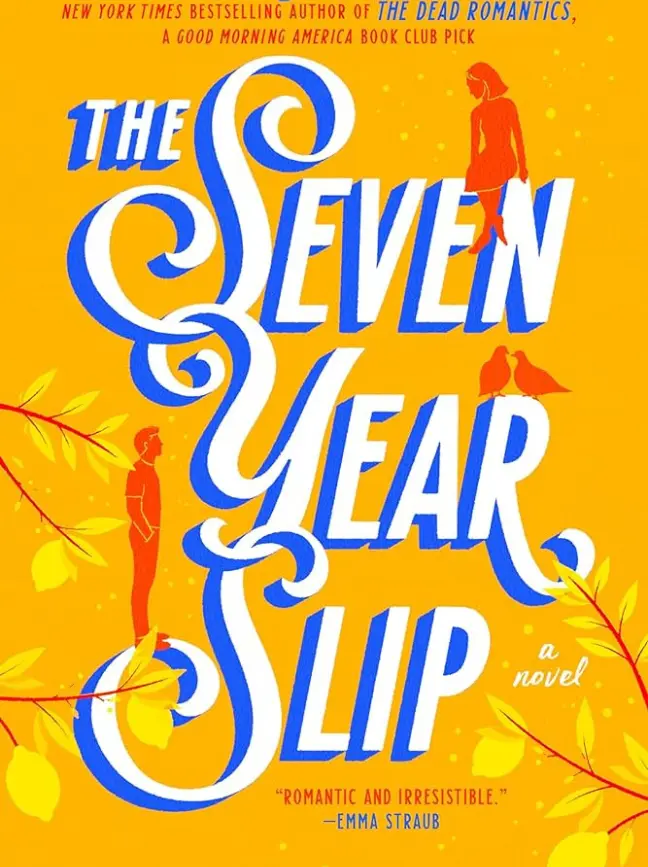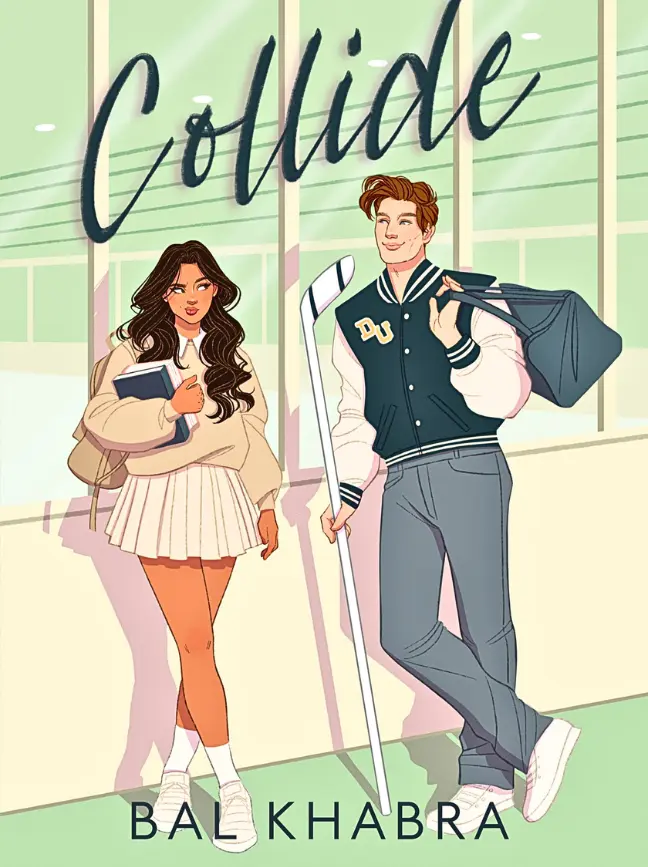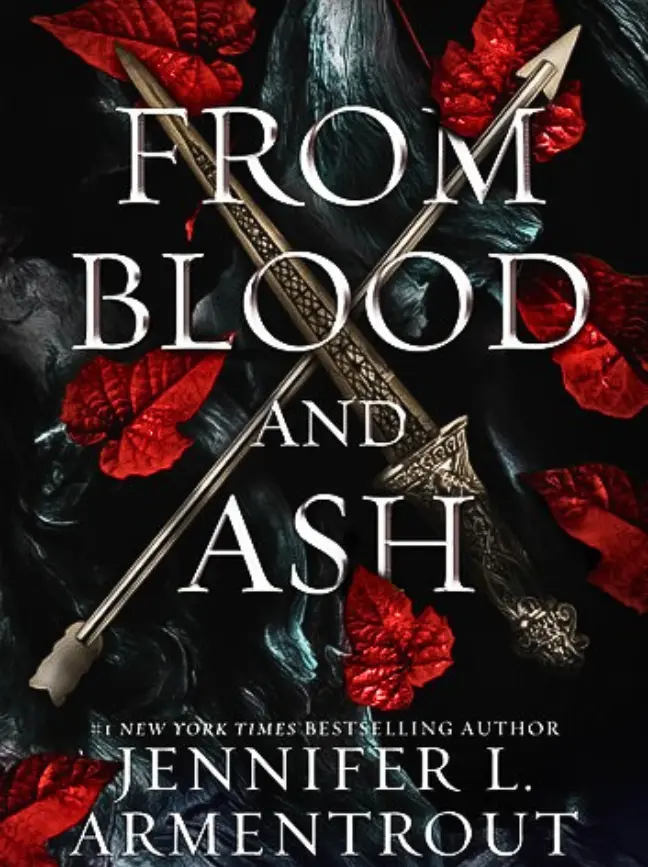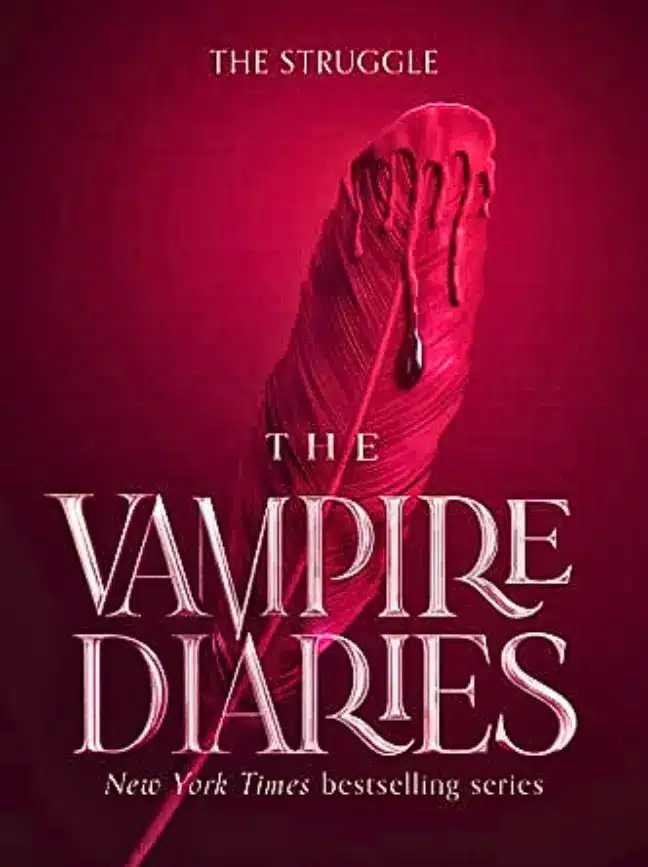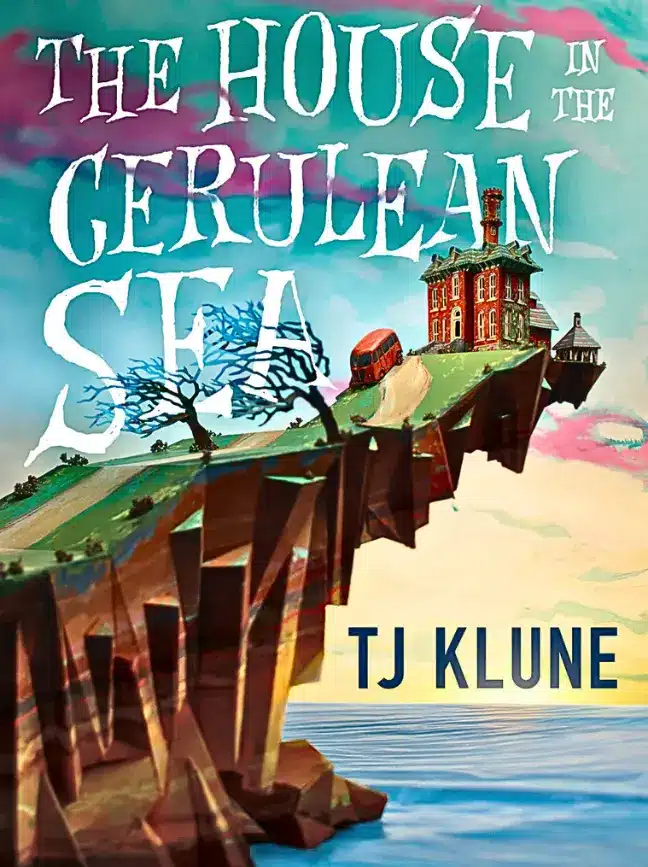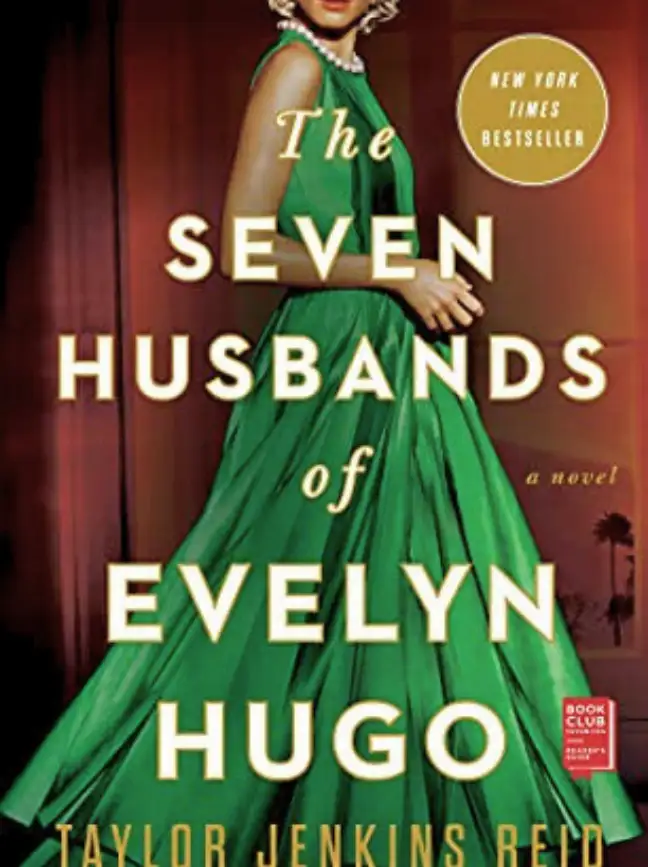THE BUS WAS QUIET and I had a seat to myself, the old man’s shopping sitting in two Bags for Life beside me. I’d thrown out the sausages and the orange cheese, but I kept the milk for myself, reasoning that it wasn’t stealing as he wouldn’t be able to use it anyway. I had some qualms about throwing out the other perishable items. I do understand that some people think waste is wrong, and, after careful reflection, I tend to agree. But I’d been brought up to think very differently; Mummy always said that only peasants and grubby little worker ants worried about such trivial things.
Mummy said that we were empresses, sultanas and maharanis in our own home, and that it was our duty to live a life of sybaritic pleasure and indulgence. Every meal should be an epicurean feast for the senses, she said, and one should go hungry rather than sully one’s palate with anything less than exquisite morsels. She told me how she’d eaten chilli- fried tofu in the night markets of Kowloon, and that the best sushi outside of Japan could be found in São Paulo. The most delicious meal of her life, she said, had been chargrilled octopus, which she’d eaten at sunset in an unassuming harbourfront taverna one late summer evening on Naxos. She’d watched a fisherman land it that morning, and then sipped ouzo all afternoon while the kitchen staff battered it again and again against the harbour wall to tenderize its pale, suckered flesh. I must ask her what the food is like where she is now. I suspect that lapsang souchong and langues de chat biscuits are in short supply.
I remember being invited to a classmate’s house after school. Just me. The occasion was ‘tea’. This was confusing in itself; I had, not unreasonably, been expecting afternoon tea, whereas her mother had prepared a sort of early kitchen supper for us. I can still picture it – orange and beige – three luminous fish fingers, a puddle of baked beans and a pale pile of oven chips. I had never seen, let alone tried any of these items, and had to ask what they were. Danielle Mearns told
everyone in the class next day and they all laughed and called me Beanz Meanz Weird (shortened to Beanzy, which stuck for a while). No matter; school was a short-lived experience for me. There was an incident with an over-inquisitive teacher who suggested a trip to the school nurse, after which Mummy decided that said teacher was a barely literate, monolingual dullard whose only worthwhile qualification was a certificate in first aid. I was home-schooled after that.
At Danielle’s house, her mother gave us each a Munch Bunch yoghurt for pudding, and I snuck the empty pot into my school bag so that I could study it afterwards. Apparently, it was merchandise pertaining to a children’s television programme about animated pieces of fruit. And they said I was weird! It was a source of disgust to the other children at school that I couldn’t talk about TV programmes. We didn’t have a television; Mummy called it the cathode carcinogen, cancer for the intellect, and so we would read or listen to records, sometimes playing backgammon or mah jong if she was in a good mood.
Taken aback by my lack of familiarity with frozen convenience food, Danielle Mearns’ mother asked me what it was that I usually had for tea on a Wednesday night.
‘There’s no routine,’ I said.
‘But what kind of things do you eat, generally?’ she asked, genuinely puzzled.
I listed some of them. Asparagus velouté with a poached duck egg and hazelnut oil. Bouillabaisse with homemade rouille. Honey-glazed poussin with celeriac fondants. Fresh truffles when in season, shaved over ceps and buttered linguine. She stared at me.
‘That all sounds quite … fancy,’ she said.
‘Oh no, sometimes it’s just something really simple,’ I said, ‘like sourdough toast with manchego cheese and quince paste.’
‘Right,’ she said, exchanging a glance with little Danielle, who was gawping at me, revealing a mouthful of partially masticated beans. Neither spoke, and Mrs Mearns placed a glass bottle of thick red liquid on the table, which Danielle then proceeded to shake violently and slather all over the orange and beige food.
Of course, after I was taken into care, I rapidly became acquainted with a new culinary family; Aunt Bessie, Captain Birdseye and Uncle Ben all featured regularly, and now I can distinguish HP Sauce from Daddies by smell alone, like a sauce sommelier. It was one of the
innumerable ways in which my old life and my new life differed. Before and after the fire. One day I was breakfasting on watermelon, feta and pomegranate seeds, the next I was eating toasted Mother’s Pride smeared with margar-ine. That’s the story Mummy told me, at any rate.
The bus stopped right outside the hospital. There was a shop on the ground floor selling an eclectic assortment of goods. I was aware that it was very much the done thing to take a gift when visiting a patient, but what to purchase? I didn’t know Sammy from Adam. Comestibles seemed pointless, since the purpose of my visit was to bring him his own food, items that he’d only very recently selected for himself. Given that he was in a coma, reading material seemed somewhat irrelevant. There wasn’t much else that might be suitable, however. The shop carried a small range of toiletries, but it seemed inappropriate for me, a stranger of the opposite sex, to present him with items pertaining to his bodily functions and, anyway, a tube of toothpaste or a packet of disposable razors did not strike me as very charming gifts.
I tried to remember the nicest gift I’d ever received. Apart from Polly the plant, I couldn’t think of anything. Alarmingly, Declan came into my mind. My first and only boyfriend, I’d very nearly succeeded in erasing him from my memory altogether, so it was rather distressing to be reminded of him. I recalled an incident when, on seeing the single birthday card I’d received one year (from a journalist who’d somehow managed to track me down, with a note inside reminding me that she’d pay a substantial sum for an interview, any time, anywhere), he claimed that I deliberately hadn’t told him the date of my birthday. For my twenty-first birthday gift, he therefore punched me in the kidneys, kicked me as I lay on the floor until I passed out, and then gave me a black eye when I came round, for ‘withholding information’. The only other birthday I could recall was my eleventh. I received a sterling silver bracelet from the foster family I was living with at the time, with a teddy bear charm attached. I was very grateful to receive a present, but I didn’t ever wear it. I’m not really a teddy bear sort of person.
I wondered what sort of gift the handsome singer might give me, for an anniversary, say, or for Christmas. No, wait – for Valentine’s Day, the most special, romantic day of the year. He’d write a song for me, something beautiful, and then play it for me on his guitar while I sipped perfectly chilled champagne. No, not on his guitar, that was too obvious.
He’d surprise me by learning the … bassoon. Yes, he’d play the melody on the bassoon for me.
Back to more prosaic matters. For want of anything more suitable, I bought some newspapers and magazines for Sammy, thinking that I could at least read them aloud to him. They stocked a passable selection. From his appearance and the contents of his shopping bag, I divined that Sammy was more Daily Star than Daily Telegraph. I bought a few tabloids, and decided to take him a magazine too. That was more difficult. There were so many. Condé Nast Traveller, Yachts and Yachting, Now! – how would I know which one to choose? I had no idea what interested him. I thought carefully and rationally in order to deduce the answer. The only thing I knew for sure about him was that he was an adult male; anything else would be pure speculation. I went with the law of averages, stood on tiptoe and reached up for a copy of Razzle. Job done.
It was too hot inside the hospital and the floors squeaked. There was a hand-gel dispenser outside the ward, and a big yellow sign above it read Do Not Drink. Did people actually drink sanitizing hand gel? I supposed they must – hence the sign. Part of me, a very small sliver, briefly considered dipping my head to taste a drop, purely because I’d been ordered not to. No, Eleanor, I told myself. Curb your rebellious tendencies. Stick to tea, coffee and vodka.
I was apprehensive about using it on my hands, for fear that it might inflame my eczema, but I did so nonetheless. Good hygiene is so important – heaven forfend that I would end up becoming a vector of infection. The ward was large, with two long rows of beds, one down each wall. All the inhabitants were interchangeable: hairless, toothless old men who were either dozing or staring blankly ahead, chins slumped forwards. I spotted Sammy, right at the end on the left-hand side, but only because he was fat. The rest of them were bones draped with pleated grey skin. I sat down on the vinyl wipe-clean chair next to his bed. There was no sign of Raymond.
Sammy’s eyes were closed but he obviously wasn’t comatose. He would be on a special ward if that were the case, hooked up to machinery, wouldn’t he? I wondered why Raymond had lied about it. I could tell from the regular way that Sammy’s chest rose and fell that he was sleeping. I decided not to read to him, not wishing to wake him, and so I put the reading material on top of the cabinet next to his bed. I
opened the compartment at the front, thinking it best to deposit the Bags for Life inside. The cabinet was empty apart from a wallet and a set of keys. I wondered if I should look in Sammy’s wallet to see if it contained any clues about him, and I was about to reach forward for it when I heard someone clear their throat behind me, a phlegm-filled sound that indicated a smoker.
‘Eleanor. You came,’ said Raymond, pulling up a chair on the opposite side of the bed. I stared at him.
‘Why did you lie, Raymond? Sammy’s not in a coma. He’s merely asleep. That’s not the same thing at all.’
Raymond laughed.
‘Ah, but it’s great news, Eleanor. He woke up a couple of hours ago. Apparently, he’s got severe concussion and a broken hip. They re-set it yesterday – he’s very tired from the anaesthetic, but they say he’s going to be fine.’ I nodded, and stood up abruptly. ‘We should leave him in peace then,’ I said.
I was keen to be out of the ward, to be frank. It was too hot, and too familiar – the waffle blankets, the chemical and human smells, the hard surfaces of the metal bedframe and the plastic chairs. My hands were stinging slightly from the gel, which had seeped into the cracks in my skin. We walked together to the lift, and rode down in silence. The doors opened at the ground floor and I felt my legs speed up of their own accord towards the front door.
It was one of those beautiful midsummer evenings – eight o’clock and still full of heat and soft light. It wouldn’t get dark till almost eleven. Raymond took off his jacket, revealing another ridiculous T-shirt. This one was yellow and had two white cartoon cockerels on the front. Los Pollos Hermanos, it said. Nonsensical. He looked at his watch.
‘I’m going to pick up a carryout and head round to my mate Andy’s. A few of us usually hang out there on Saturday nights, fire up the PlayStation, have a smoke and a few beers.’
‘Sounds utterly delightful,’ I said. ‘What about you?’ he asked.
I was going home, of course, to watch a television programme or read a book. What else would I be doing?
‘I shall return to my flat,’ I said. ‘I think there might be a documentary about komodo dragons on BBC4 later this evening.’
He looked at his watch again, and then up at the boundless blue sky. There was a moment of silence and then a blackbird began showing off nearby, his song so spectacular that it bordered on vulgar. We both listened, and when I smiled at Raymond, he smiled back.
‘Look, it’s far too nice a night to be sitting inside on your own. Fancy grabbing a quick pint somewhere? I’ll need to head off in an hour or so before the offy shuts, but …’
This required careful consideration. I had not been in a public house for many years, and Raymond could hardly be described as engaging company. I quickly concluded, however, that it would be useful for two reasons. Firstly, it would be good practice, as, if things went well, Johnnie Lomond would probably want to take me to a public house during one of our dates, and so I really ought to familiarize myself in advance with the general environs and required behaviours in such establishments. Secondly, Raymond was an IT expert – allegedly – and I needed some advice. Such advice might be expensive to obtain via official channels, but I could ask him tonight, for free. All things considered, it seemed expeditious to accede to Raymond’s request. He was staring into the middle distance, and I noticed that he had lit a cigarette and smoked almost half of it while I had been pondering.
‘Yes, Raymond. I will go to the pub with you for one drink,’ I said, nodding.
‘Magic,’ he said.
We ended up in a bar five minutes from the hospital, on a busy road. One of the tables outside was unoccupied. The metal surface was covered in circular stains and its legs looked unstable, but Raymond seemed delighted.
‘Seats outside!’ he said, happily throwing himself down and hanging his jacket over the back of his chair. ‘Right then, I’ll go to the bar,’ he said. ‘What are you after, Eleanor?’
I felt a fluttering of concern in my stomach. Firstly, sitting out here, I wouldn’t get to see the inside of the public house and observe what went on there. Secondly, I didn’t know what to order. What did normal people drink in public houses? I decided to take control of the situation.
‘Raymond, I will go to the bar. I insist. What would you like me to order for you?’ He tried to argue but I stood my ground and eventually
he agreed, although he seemed annoyed. I simply could not fathom why he was making such a fuss about it.
‘Right, well, I suppose I’ll have a pint of Guinness then. But I wish you’d let me get it, Eleanor.’
I put both hands on the table and leaned forward so that my face was very close to his.
‘Raymond, I will purchase the drinks. It’s important to me, for reasons that I don’t wish to articulate to you.’
He shrugged, then nodded, and I walked off towards the door.
It seemed very dark inside after the sunlight, and noisy too – there was music of an unfamiliar genre pulsing loudly from large speakers. The place wasn’t busy, and I was the only customer at the bar. A young man and a young woman were serving; that is to say, they were deep in conversation with each other, and every so often she would giggle like a simpleton and flick her dyed yellow hair, or he would punch her arm playfully and laugh in an overly loud, false manner. Human mating rituals are un-believably tedious to observe. At least in the animal kingdom you are occasionally treated to a flash of bright feathers or a display of spectacular violence. Hair flicking and play fights don’t quite cut the mustard.
I was bored and I knocked hard, three times, on the wooden bar, as though it were a front door. They both looked up. I asked for a pint of Guinness, which the boy began to pour from a tap. ‘Anything else?’ he said. I was still stumped. I reasoned that part of his job would be to help customers in such situations.
‘What would you recommend?’ I asked him. He looked up from watching the black liquid trickle into the glass.
‘Eh?’
‘I said, what would you recommend for me? I don’t drink in public houses, as a rule.’
He looked to his left and right, as if expecting someone else to be standing there. There was a long pause.
‘Erm,’ he said. ‘Well … Magners is very popular. With ice? Nice summer drink.’
‘Right,’ I said, ‘thank you. In that case, I’ll have a Magners drink, please, on your recommendation.’ He opened a brown bottle and put it on the bar. He put some ice in a tall glass and placed it next to the bottle.
‘What’s that?’ I said. ‘The Magners.’
‘And what’s the empty glass for?’ ‘It’s for the Magners,’ he said.
‘Am I expected to pour the drink from the bottle into the glass?’ I said, puzzled. ‘Isn’t it your job to do that?’ He stared at me and then slowly poured the brown liquid over the ice and put it down quite hard; indeed, he practically slammed the bottle onto the counter.
‘Eight pound seventy,’ he said, in a most unfriendly manner. I handed over a five-pound note and four pound coins, then took my change and carefully put it in my purse.
‘Would you by any chance have a tray?’ I asked. He tossed down a filthy, sticky tray and watched as I placed the drinks on it before turning his back on me. There is such a paucity of good manners on display in the so-called service sector!
Raymond thanked me for the drink and took a big gulp. The Magners was quite pleasant, and I revised my opinion of the young barman. Yes, his customer service skills were poor, but he did at least know how to make appropriate beverage recommendations. Unprompted, Raymond started to tell me about his mother, how he was going to visit her tomorrow, something he did every Sunday. She was a widow and not terribly well. She had a lot of cats, and he helped her care for them. On and on and on he droned. I interrupted him.
‘Raymond,’ I said. ‘Can I ask you something?’ He sipped his pint. ‘Sure.’
‘If I were to purchase a “smart phone”, which type would you advise? I have been looking into the relative merits of iPhones as compared with Android devices, and I’d appreciate an insider’s perspective on the cost– benefit ratio, as it were.’
He looked somewhat surprised at my question, which was odd, given that he worked in IT and therefore must be asked technological questions quite frequently.
‘Right, well …’ he shook his head in a slightly canine way, as though he were clearing thoughts from it ‘… that depends on a lot of factors.’ He expounded on these factors at some length – without reaching any kind of useful conclusion – and then looked at his watch.
‘Shit! I better run – I need to pick up some beers before I head over to Andy’s, and it’s nearly ten.’ He drained his pint, stood up and put on his jacket, even though it wasn’t in the least bit cold.
‘You going to be OK getting home, Eleanor?’ he said.
‘Oh yes,’ I said, ‘I’ll walk – it’s such a beautiful evening, and it’s still light.’
‘Right then, I’ll see you on Monday,’ he said. ‘Enjoy the rest of your weekend.’ He turned to leave.
‘Raymond, wait!’ I said. He turned back towards me, smiling. ‘What is it, Eleanor?’
‘The Guinness, Raymond. It was three pounds fifty.’ He stared at me. ‘It’s OK,’ I said, ‘there’s no rush. You can give it to me on Monday, if that’s easier.’
He counted out four pound coins and put them on the table. ‘Keep the change,’ he said, and walked off. Extravagant! I put the money in my purse, and finished my Magners. Emboldened by the apples, I decided to take a detour on the way home. Yes. Why not? It was time for a spot of reconnaissance.


